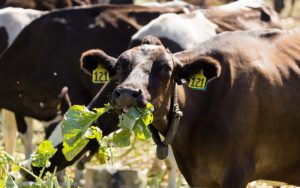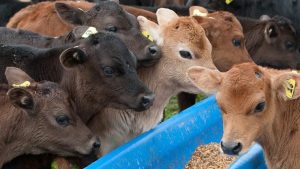
Sustained advocacy from New Zealand’s dairy sector has helped secure 500 more international workers to help on dairy farms, however, the government’s border class exceptions still fall short of the sector’s 4,000 worker shortage, DairyNZ said in a news release.
DairyNZ is relieved the government is allowing an extra 500 international dairy workers into the country through a border class exception. This means 800 international staff will be able to enter New Zealand to work on dairy farms.
DairyNZ chief executive Tim Mackle said DairyNZ has been working hard to make sure the government understands the huge pressure farmers are under, due to workforce shortages.
The organisation has pushed for 1,500 international dairy workers into the country in time for the 2022 dairy season on 1 June.
“We made it clear to government that the 300 dairy border class exception workers previously approved was nowhere near enough to meet the demands on-farm and reduce the current high levels of farmer stress,” said Mackle.
“The government’s decision to increase the number of international workers by 500 is a step in the right direction to reduce the pressure on farm teams,” he added. “We will continue to advocate for more to be allowed into New Zealand, to help address the significant staff shortage.”
The dairy sector is estimated to have a shortage of 4,000 workers. Record low unemployment, combined with a prolonged border closure, have contributed to the shortage of workers.
DairyNZ has also launched a ‘Join Us’ campaign aiming to connect dairy farmers and New Zealanders and inviting Kiwis to join a dairy job – see www.godairy.co.nz for more detail.
“We continue to encourage Kiwis to join our sector and farmers have been taking a range of steps to make dairy farming more attractive to staff, however in such a tight labour market the contribution international staff make to keep farms running is critical,” said Mackle.
“From here, we strongly encourage farmers who want international workers on board for calving to apply through the border exception process.”
“It’s now simpler for farmers to use the class exception process, so we hope to see farmers take up the opportunity,” he concluded. “People no longer need to stay in MIQ or isolate. There is also no limit on the number of farm assistants who can apply.”
Workers on a class exception visa need to be paid at least $28 per hour.
























